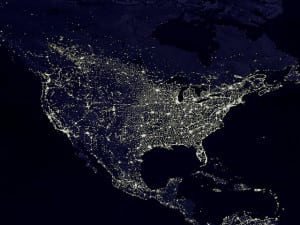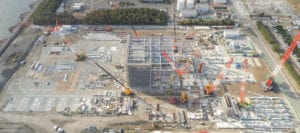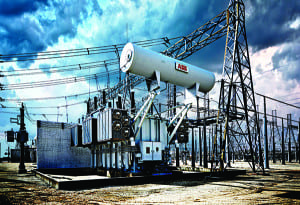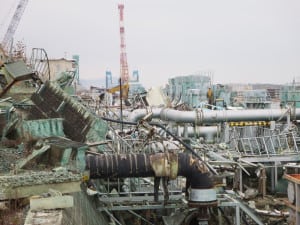Physical security
-
COVID-19
Live Updates: Power-Related Regulatory Responses to COVID-19
Federal regulators with oversight over U.S. power matters have issued a series of actions over recent weeks to respond to the potentially devastating impact that COVID-19, the new coronavirus, could have on North American power workforce operations and reliability. POWER will update this post regularly with COVID-19 response news and documents from federal and state […]
-
Fuel
NERC: Power Industry ‘Well-Prepared’ for COVID-19, Aggressively Confronting Pandemic Threats
Industry responses to a Level 2 alert on contingency planning issued by the North American Electric Reliability Corp. (NERC) early last month suggest the “vast majority” of registered participants in the North American bulk power system are well prepared for the COVID-19 crisis. NERC, the interconnected bulk power system’s Electric Reliability Organization (ERO), has underscored […]
-
News
FERC Approves New Cybersecurity, Transmission Reliability Standards
The Federal Energy Regulatory Commission (FERC) on Jan. 23 approved two new reliability standards related to transmission system planning performance and cybersecurity. However, it also proposed to retire 74 reliability standard requirements, which it deemed duplicative or unnecessarily burdensome. Among the spate of actions it took on Thursday, FERC also green-lighted retaining the North American […]
Tagged in: -
News
EMP Threat Real but Limited, EPRI Says in Much-Anticipated Report
Depending on the hazard field, electromagnetic pulses (EMPs) resulting from detonation of a nuclear weapon at high altitude or in space could cause significant damage to electronics on the bulk power system and even prompt a regional voltage collapse, the Electric Power Research Institute (EPRI) says in much-anticipated findings from its three-year study on high-altitude […]
Tagged in: -
Connected Plant
Hackers May Already be in Your Infrastructure—Now What?
Cyber-attacks on industrial control systems (ICSs) are no longer a hypothetical. As pieced together by the Wall Street Journal, in 2017, Russian hackers attacked a small construction company, exploiting the organization’s connections with utilities and government agencies. Through an integrator, the hackers accessed computer-network credentials, giving them the ability to get into computer systems that […]
-
Connected Plant
Autonomous Power Plant Takes Shape in Japan
The world’s first autonomous combined cycle power plant is currently under construction at the Takasago Machinery Works facility in Japan, and it will be operational by 2020, according to Mitsubishi Hitachi
-
News
Trump Acts on Critical Infrastructure Resiliency Against EMP Threats
President Trump has signed an executive order (EO) to boost coordination for and national resilience against electromagnetic pulse (EMP) threats—both from nuclear warfare and natural events like solar superstorms. The action suggests new federal mandates to protect critical infrastructure against EMP events and attacks may be on the horizon. Senior Trump administration officials from the National Security […]
-
News
Concrete Better Than Cameras in Protecting Grid
Some high-tech security features meant to protect U.S. power plants from physical attack may not be as effective as good old-fashioned fences and concrete, according to a Georgia Institute of Technology graduate who modeled security measures in a computer simulation while earning her PhD in Public Policy. Jenna McGrath, who graduated in December 2018, published […]
-
IIOT
DOE and FERC Mull Incentivizing Cybersecurity, Physical Security of Power and Gas Infrastructure
The U.S. Department of Energy (DOE) and Federal Energy Regulatory Commission (FERC) want to explore how federal and state authorities could incentivize cybersecurity and physical security in the power and natural gas sectors. The agencies issued a notice on Feb. 4 announcing they would jointly hold a technical conference on Thursday, March 28, 2019, from […]
-
News
NRC Greenlights Final Rule Governing Nuclear Plant Mitigation of Severe Events
A final rule the Nuclear Regulatory Commission (NRC) plans to publish this spring to replace pivotal actions it issued after the Fukushima accident will require U.S. nuclear generators to ensure they can mitigate severe events at reactors within a two-year compliance timeframe. More than three years after it was proposed, the NRC’s five commissioners on […]









